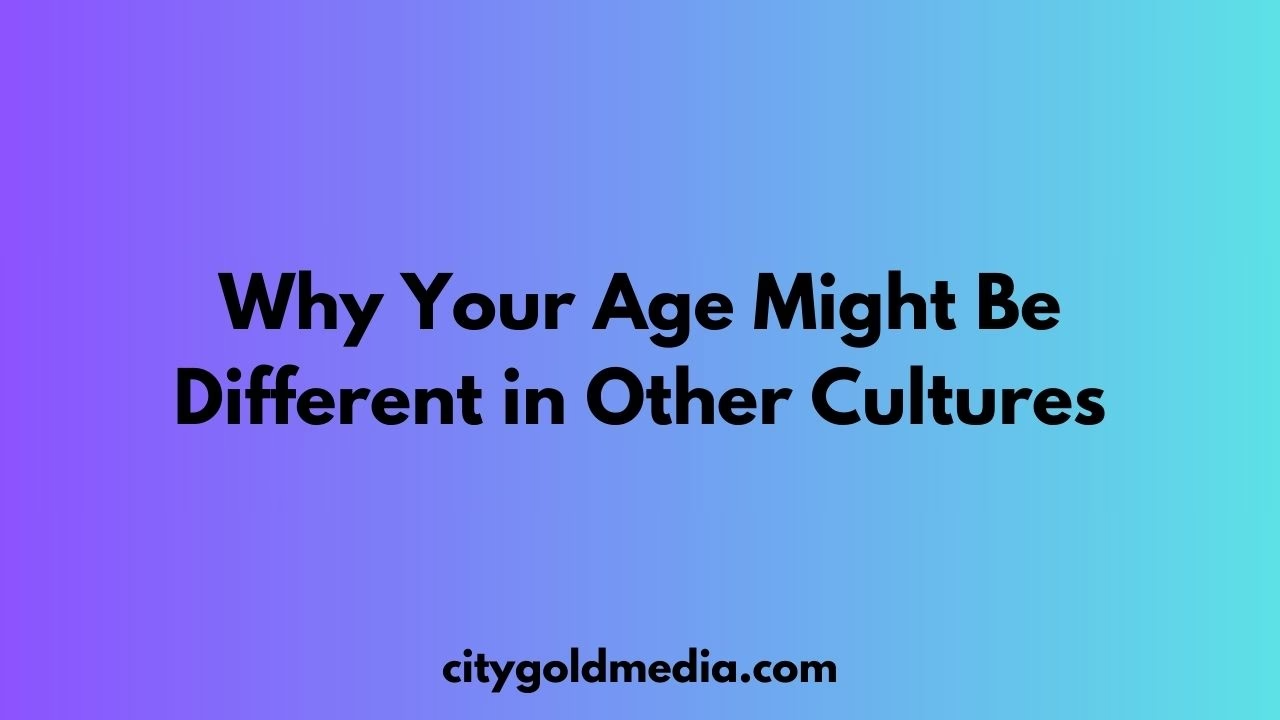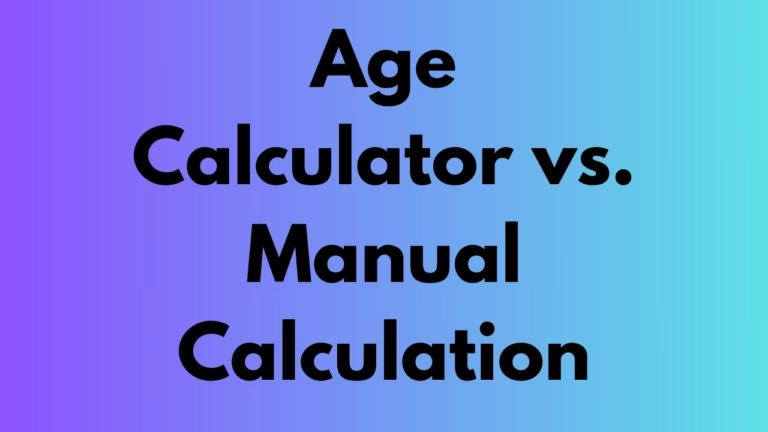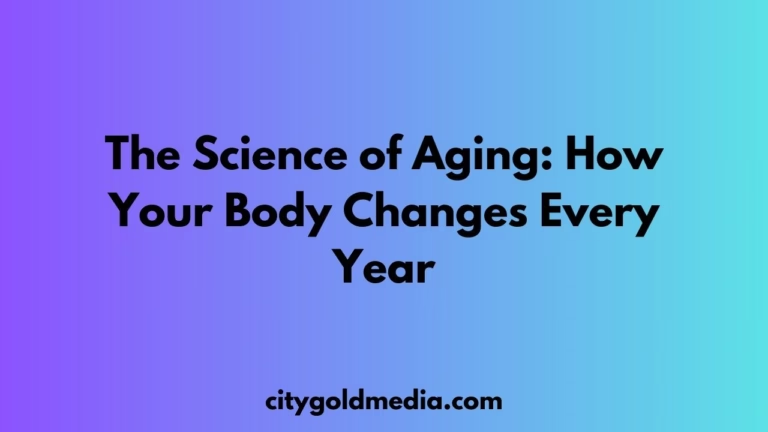Why Your Age Might Be Different in Other Cultures
Have you ever wondered why your age might not be the same everywhere in the world? While most of us are accustomed to calculating age based on birthdays, many cultures use unique systems that can make you appear older—or younger—depending on where you are. These differences are deeply rooted in history, tradition, and cultural practices. Let’s explore how age is calculated in various cultures and why these methods matter.
Unique Age Calculation Methods Around the World
Age calculation isn’t as straightforward as counting the years since your birth. Different cultures have developed their own methods, influenced by calendars, traditions, and even astrology. Here are some notable examples:
Korean Age System
The Korean age system is one of the most well-known alternative methods of calculating age. In this system:
- A person is considered 1 year old at birth.
- Everyone gains a year on January 1st, regardless of their actual birth date.
This means that a baby born on December 31st would be considered 2 years old just one day later. While this method has been deeply ingrained in Korean culture, South Korea officially adopted the international age system in June 2023 to align with global standards and reduce confusion.
Traditional Chinese Age Reckoning
In traditional Chinese culture, age is also calculated differently. A person is considered 1 year old at birth, and their age increases not on their birthday but during the Lunar New Year. This system is intertwined with Chinese astrology and the zodiac calendar, emphasizing the cultural importance of the Lunar New Year.
For example, a baby born just before the Lunar New Year could be considered 2 years old within days of being born. While modern China uses the international system for official purposes, traditional age reckoning remains significant in social contexts.
Western Age System
The Western world predominantly uses the Gregorian calendar to calculate age. In this system:
- A person’s age increases on their birthday.
- The calculation starts from zero at birth.
This method is simple and widely accepted internationally. However, it contrasts sharply with systems like those in East Asia, where cultural traditions often take precedence over numerical accuracy.
Lunar Calendar-Based Systems
In some parts of Asia, age is calculated using the lunar calendar instead of the solar Gregorian calendar. This can lead to slight variations in age depending on how lunar months align with solar months.
Why Do These Differences Exist?
The variations in age calculation methods stem from cultural values and historical practices. For example:
- Cultural Identity: Systems like the Korean and Chinese methods reflect societal values and traditions.
- Astrological Beliefs: In ancient China, age was linked to astrology and zodiac cycles, influencing life decisions and celebrations.
- Practicality: Some systems were designed for simplicity within specific cultural contexts, such as grouping people by birth year for communal activities or rites of passage.
Frequently Asked Questions (F.A.Q)
Q1. How does the Korean age system differ from the international system?
The Korean age system starts counting from 1 at birth and adds a year every January 1st. In contrast, the international system starts from zero at birth and adds a year on each birthday.
Q2. Why do some cultures consider a person 1 year old at birth?
This practice likely originates from historical or symbolic beliefs that count gestation as part of a person’s life span. It reflects cultural perspectives on life stages.
Q3. Is traditional Chinese age reckoning still used today?
While modern China uses the international system for official purposes, traditional reckoning remains relevant in social and ceremonial contexts.
Q4. How does using different calendars affect age calculation?
Cultures using lunar calendars may have varying definitions of a year compared to those using solar calendars like the Gregorian system, leading to differences in perceived age.
Q5. Why did South Korea switch to the international system?
The change aimed to reduce confusion caused by multiple systems and align with global standards for clarity in legal and medical contexts.
Wrapping Up
Your age might not be as fixed as you think—it can vary depending on cultural practices and traditions! Understanding these differences not only broadens your perspective but also highlights how deeply culture shapes our everyday lives. Whether you’re one or two years older in another country, these unique methods remind us of humanity’s rich diversity.



